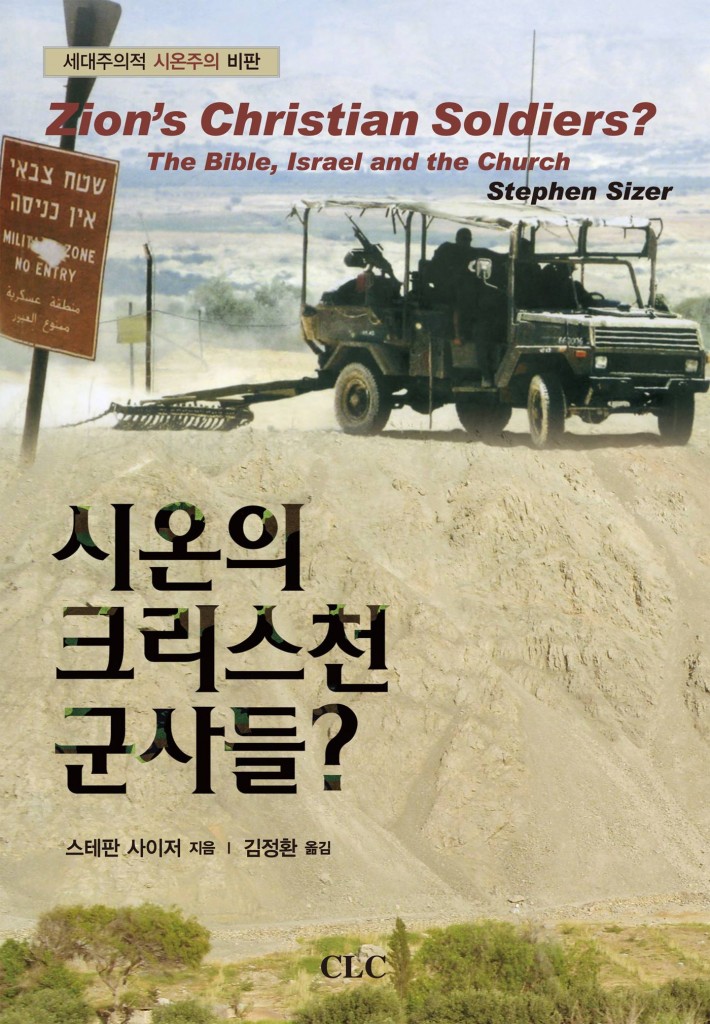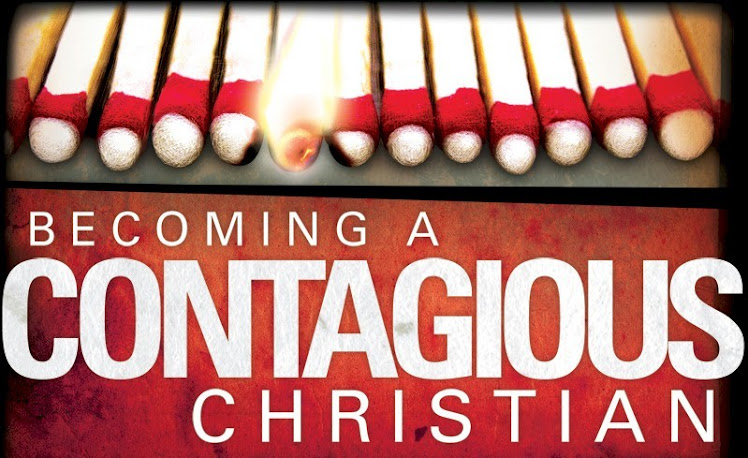In May, the Church of Scotland published a major report on Israel-Palestine entitled the Inheritance of Abraham. Under pressure from the Zionist Lobby, however, the report was swiftly removed from their website and a revision promised.
Read the original report here and the heavily redacted revision here with changes highlighted.
A ‘before and after’ comparison is both illuminating and depressing. It shows that what was promised would be a minor rewrite of the introduction, to provide “context”, actually became a major rewrite of the whole document.
It appears the Church of Scotland has censored itself and limited its own theological discussion under intense pressure from the Israeli ambassador, the Board of Deputies of British Jews, the Scottish Council of Jewish Communities and the Council of Christians and Jews.
In particular:
- The section dealing with the writing of Mark Braverman has been heavily edited so as to remove his most penetrating comments on the Holocaust and Jewish ‘specialness’.
- A reference to Jerusalem as ‘the most contentious religious and political issue’ has been deleted.
- The quote from Ben Gurion (‘The Bible is our mandate’) has been removed.
- All references to the book of Joshua in relation to the occupation of the land have been removed.
- The reference to “the violence used to deprive some 750,000 Palestinian people from their homes” has been toned down.
- References to the State of Israel have been amended so as to dilute criticism of the state and to remove any suggestion that it is ‘an ethnic democracy’.
- The reference to Luke 4:25-30 (Jesus’ rejection by the Jews in Nazareth) has been deleted, along with the sentence ‘Jesus offered a radical critique of Jewish specialness and exclusivism, but the people of Nazareth were not ready for it’.
- The reference to Paul’s writings about the Jews in Romans 11 has been deleted, along with the sentence ‘No part of the New Testament gives any support to a political state of Israel beyond that to any other state. All are challenged to the same requirements for justice and the protection of human rights for all their inhabitants’.
The only part where the revised report has been strengthened is the very final sentence, where the Church of Scotland says it should urge the UK government to “remove existing illegal settlements” in addition to stopping further settlement expansion.
In no sense did the original report disenfranchise anyone from legitimate rights to citizenship in Israel and Palestine, merely the claim made by some Zionists that the Bible mandates an exclusive right to the land for the Jewish people alone.
On the contrary the Hebrew Scriptures repeatedly insist that the land belongs to God and that residence was always conditional. For example, God said to his people, “‘The land must not be sold permanently, because the land is mine and you reside in my land as foreigners and strangers.” (Leviticus 25:23).
The following notes are a summary of chapter 4 of my book Zion’s Christian Soldiers.
They amplify and explain the significance and purpose of the Promised Land, its geographical boundaries, the conditions for residency, the nature of the Kingdom and concept of land in the New Testament.
Read more here or you can download a copy as a PDF. The Promised Land from the Nile to the Euphrates.
A summary of the book as a whole is also available entitled Seven Biblical Answers to Popular Zionist Assumptions.
Marc Ellis has written a useful commentary on the Church of Scotland report Exile and the prophetic: the Church of Scotland weighs in
“Woe to you who add house to house and join field to field till no space is left and you live alone in the land. The Lord Almighty has declared in my hearing: “Surely the great houses will become desolate.” (Isaiah 5:8-9)
The losers? Genuine interfaith dialogue between Jews, Christians and Muslims, willing to engage honestly with our sacred texts, openly share our theological convictions and aspirations for a just and lasting peace in Israel-Palestine based on justice, mercy and reconciliation.
The indigenous Church in Palestine are learning to our shame that they cannot rely on the wider church to advocate for them or speak biblically and theologically on their behalf.
Watch this space for the Kairos UK Report due in August. No doubt its authors will come under the same pressure.
See also:
BBC News: Church of Scotland revises controversial Israel report
Christian Today: Church of Scotland releases revised report on Israel
Christian Today: Church clarifies its position on Israel
Church of Scotland: The Inheritance of Abraham? A report on the ‘promised land’


 I understand that the Board of Deputies has made a complaint against Stephen under the Measure suggesting that he is guilty of anti-Semitism.
I understand that the Board of Deputies has made a complaint against Stephen under the Measure suggesting that he is guilty of anti-Semitism. What scared you the most growing up as a child? When I was a child, the highlight of the week was watching TV at weekends – there was wrestling on a Saturday afternoon and a movie on Sunday afternoons- usually a black and white film about World War 2 or a Western. One of the scariest films I ever remember watching still haunts me. It was called Invasion of the Body Snatchers. Made in 1956, Don Seigel adapted the screenplay from Jack Finney’s 1954 novel The Body Snatchers. The story depicts an extraterrestrial invasion of a small town in California. The invaders replace human beings with clones that appear identical to real people but are actually devoid of any emotion or individuality. A local doctor uncovers what is happening and tries to stop them.
What scared you the most growing up as a child? When I was a child, the highlight of the week was watching TV at weekends – there was wrestling on a Saturday afternoon and a movie on Sunday afternoons- usually a black and white film about World War 2 or a Western. One of the scariest films I ever remember watching still haunts me. It was called Invasion of the Body Snatchers. Made in 1956, Don Seigel adapted the screenplay from Jack Finney’s 1954 novel The Body Snatchers. The story depicts an extraterrestrial invasion of a small town in California. The invaders replace human beings with clones that appear identical to real people but are actually devoid of any emotion or individuality. A local doctor uncovers what is happening and tries to stop them. The Invasion of the Body Snatchers spawned a whole genre of science fiction thrillers on the same theme. The most recent adaptation, called
The Invasion of the Body Snatchers spawned a whole genre of science fiction thrillers on the same theme. The most recent adaptation, called 


